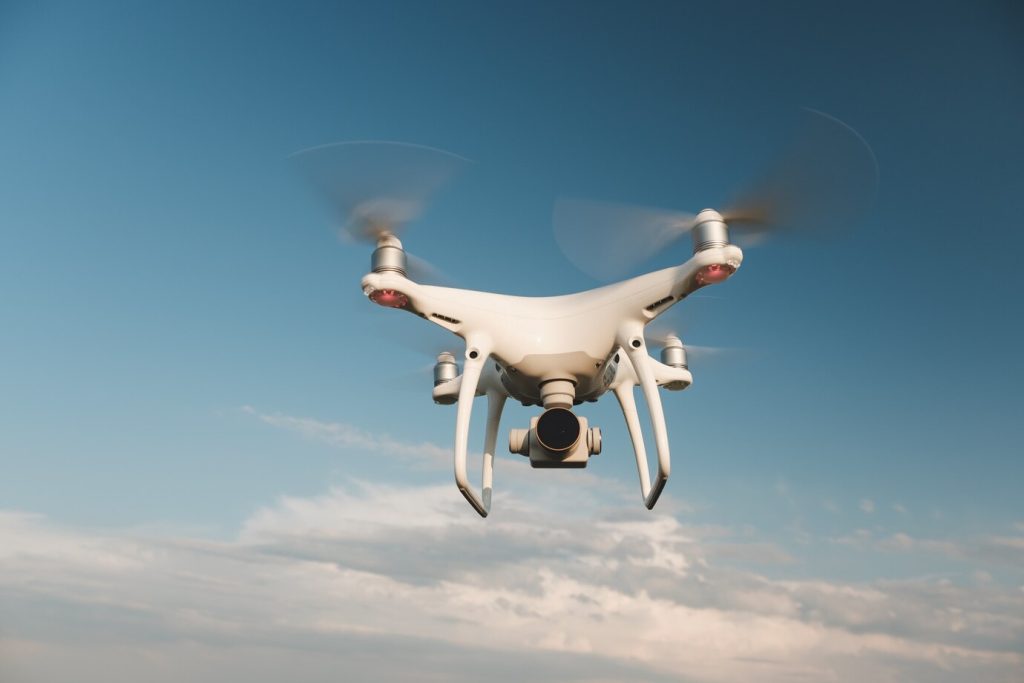Introduction
Natural disasters can strike at any moment, leaving behind a trail of destruction and devastation. In addition to the physical and emotional toll, these disasters can also have a significant impact on the financial well-being of individuals, families, and businesses. In the aftermath of a natural disaster, navigating the complex world of insurance claims and disaster loans can be overwhelming and daunting. However, understanding the process and having a solid plan in place can help individuals and businesses recover and rebuild in a more efficient and effective manner.
Natural Disaster
One of the first steps in navigating the financial aftermath of a natural disaster is understanding your insurance coverage. This includes reviewing your policy, understanding what is covered and what is not, and determining the amount of coverage you have. It is also important to know the deductibles and limits of your policy, as well as any additional coverage you may have, such as flood insurance. This information will be crucial when filing an insurance claim.
The next step is to file a claim with your insurance company as soon as possible. Most policies have a deadline for filing claims, so it is important to act quickly. When filing a claim, be sure to provide as much detail as possible and include any supporting documentation, such as photos or videos of the damage. It is also important to keep track of all communication with your insurance company and document any expenses related to the disaster, as these may be reimbursed.
Once your claim has been filed, the insurance company will send out an adjuster to assess the damage and determine the amount of compensation you are entitled to. It is important to note that the adjuster works for the insurance company, so it is advisable to have a contractor or other professional present during the assessment to ensure all damage is accurately reported.
In some cases, insurance claims may not cover the full cost of repairs or losses. This is where disaster loans come into play. The U.S. Small Business Administration (SBA) offers disaster loans to homeowners, renters, and businesses to help cover the costs of repairs, replacement of damaged property, and other disaster-related expenses. These loans have low-interest rates and flexible repayment terms, making them a viable option for those in need of financial assistance after a natural disaster.
SBA Disaster Loan
To apply for an SBA disaster loan, individuals and businesses must first register with the Federal Emergency Management Agency (FEMA). This can be done online, by phone, or in person at a disaster recovery center. Once registered, applicants will receive an application packet from the SBA, which must be completed and returned within the specified timeframe. The application will be reviewed, and a decision will be made on the loan amount and terms.
In addition to insurance claims and disaster loans, there may be other sources of financial assistance available. These can include grants from non-profit organizations, state and local government programs, and even crowdfunding campaigns. It is important to research and explore all options to determine the best course of action for your specific situation.
While navigating the financial aftermath of a natural disaster may seem overwhelming, it is important to remain calm and stay organized. Keep all documentation, communicate clearly and effectively with insurance companies and other agencies, and seek help and guidance when needed. It is also important to have a financial plan in place before a disaster strikes, including having an emergency fund and proper insurance coverage.
Conclusion
In conclusion, the financial aftermath of a natural disaster can be challenging, but with proper preparation and understanding of the process, individuals and businesses can recover and rebuild in a more timely and efficient manner. Remember to stay informed, stay organized, and seek assistance when needed. Most importantly, stay resilient and have hope that with proper planning and support, you can overcome the financial challenges of a natural disaster.

